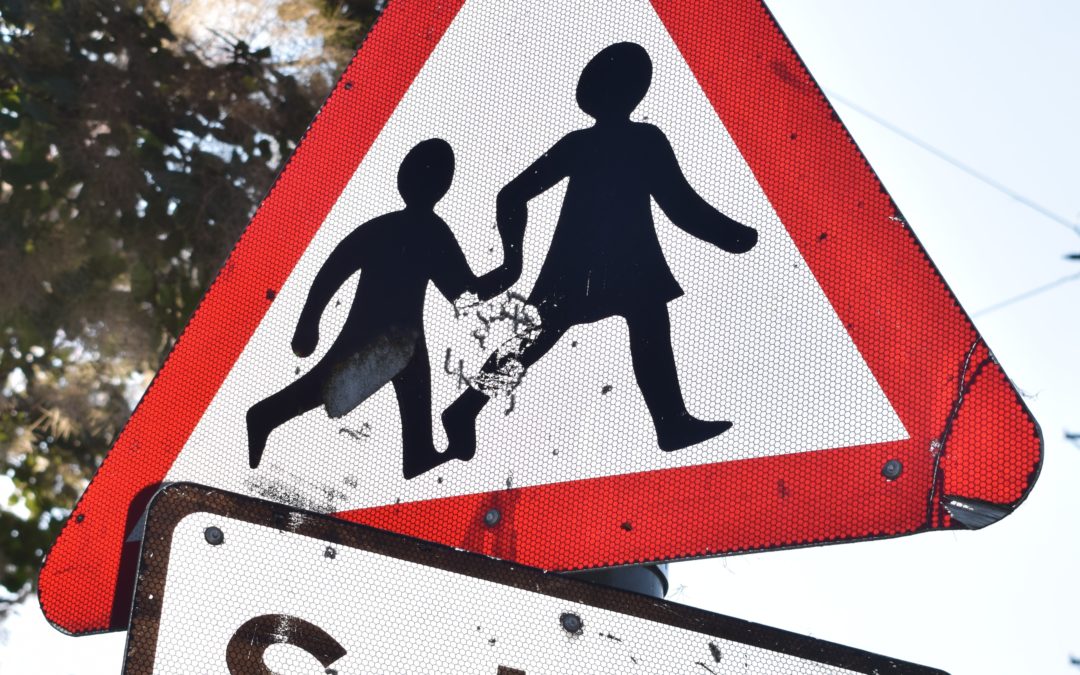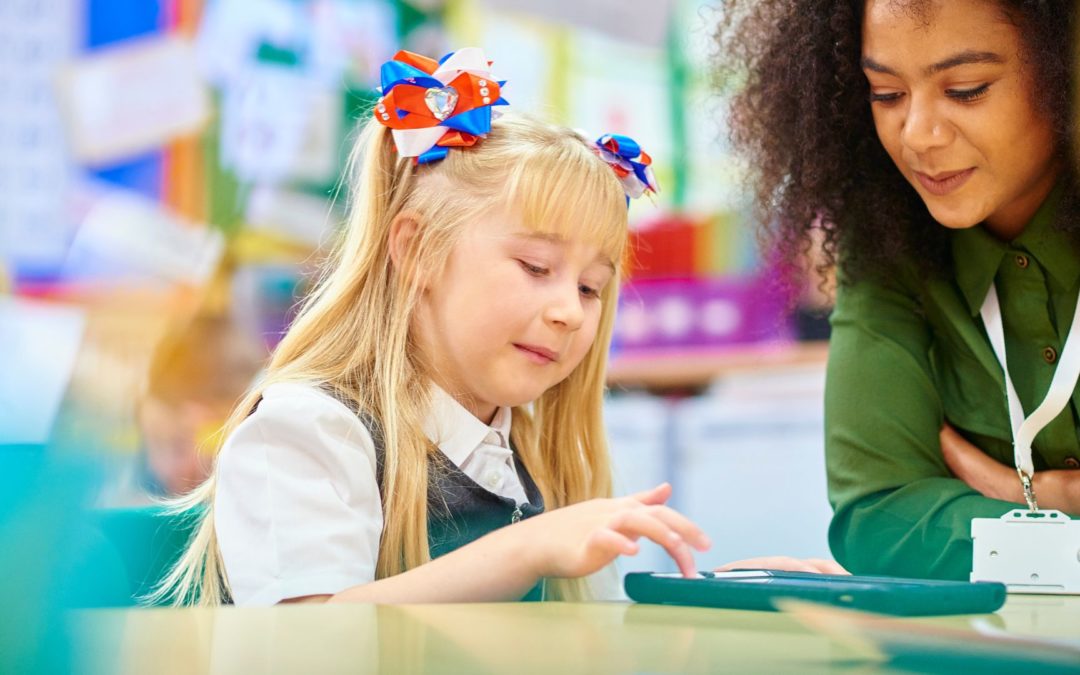 Your teacher is your best friend, keep it that way. They have the keys to open the doors that you wish to enter.
Your teacher is your best friend, keep it that way. They have the keys to open the doors that you wish to enter.
I was brought up with the clear maxim and philosophy about teachers. “Your teacher,” my mother sternly told me, “is your best friend, keep it that way. They have the keys to open the doors that you wish to enter”.
I taught my three children this philosophy (probably the only thing handed down generation to generation) and to some extent all three of them closely followed the maxim and benefited. Then they began SECONDARY SCHOOL! One teacher became eight, nine even twelve. A different subject, a different teacher, a multiplicity of relationships, personalities, and peculiarities. My children quickly reported that at secondary school holding onto the philosophy was much more difficult even impossible.
The world has changed, unlike my generation the adult world seems more accessible to our children. When I began secondary school my teachers were still super human beings, all knowing and almost all seeing; to my children they are very human. They note the different moods, methods and mannerisms of their respective teachers. They are able to comment on contrasting styles, abilities and passions. Today’s youngster is also far more relational and this translates to the school environment whereby a good relationship with the teacher is a prerequisite for progress in that subject (especially boys). The fact that they hold ‘the keys’, (to quote my mum) is almost an irrelevance; one young man told me “I don’t like my maths teacher so I am not going to do any work for him!”
In order to successfully navigate the child-teacher education minefield our children need to be aware that school is a place where the public and private meet. In other words, teachers come to school as a place of work but they arrive at the school gate with the joys, tensions and frustrations of other human beings. School therefore is a microcosm of life – a social laboratory for preparation for the real world. This is the place you learn to ‘get on’. All too often as parents we are keen to become advocates for our children when something goes wrong at school. Whilst this is understandable it can be also unhelpful. If our children do not develop the skills to get around or through situations without parental intervention, as parents we will be defending them all our lives. I even heard of a parent who went to her nineteen year old son’s employer (an estate agent in Twickenham) to complain that her son had not been promoted. She complained so loud and so long that he was eventually dismissed.
In terms of practical strategies my mother also taught the maxim “these things have been sent to try us”. The point being that sometimes getting on with teachers is an exercise in preparation for real life. The best and brightest people are those who have had to overcome, especially difficult teachers.
One key skill I heard of is to teach your child to remain anonymous in lessons for the first half of the term. This is followed by a challenge to view the teacher almost as a reconnaissance mission. To learn what they are like, what things irked them and also what seemed to make them smile. Further, were they miserable on one particular day of the week for example Mondays? This exercise usually lasted between four and six weeks and we would assess the exercise and work out a strategy with respect to each teacher.
One other helpful pointer is to find a suitable peer mentor for your child. These are usually found amongst cousins, family and friends or they may be sourced from professional organisations / institutions. Someone two or three years older than your child can mentor and pass on secrets of success especially with regard to the teacher-student minefield.








